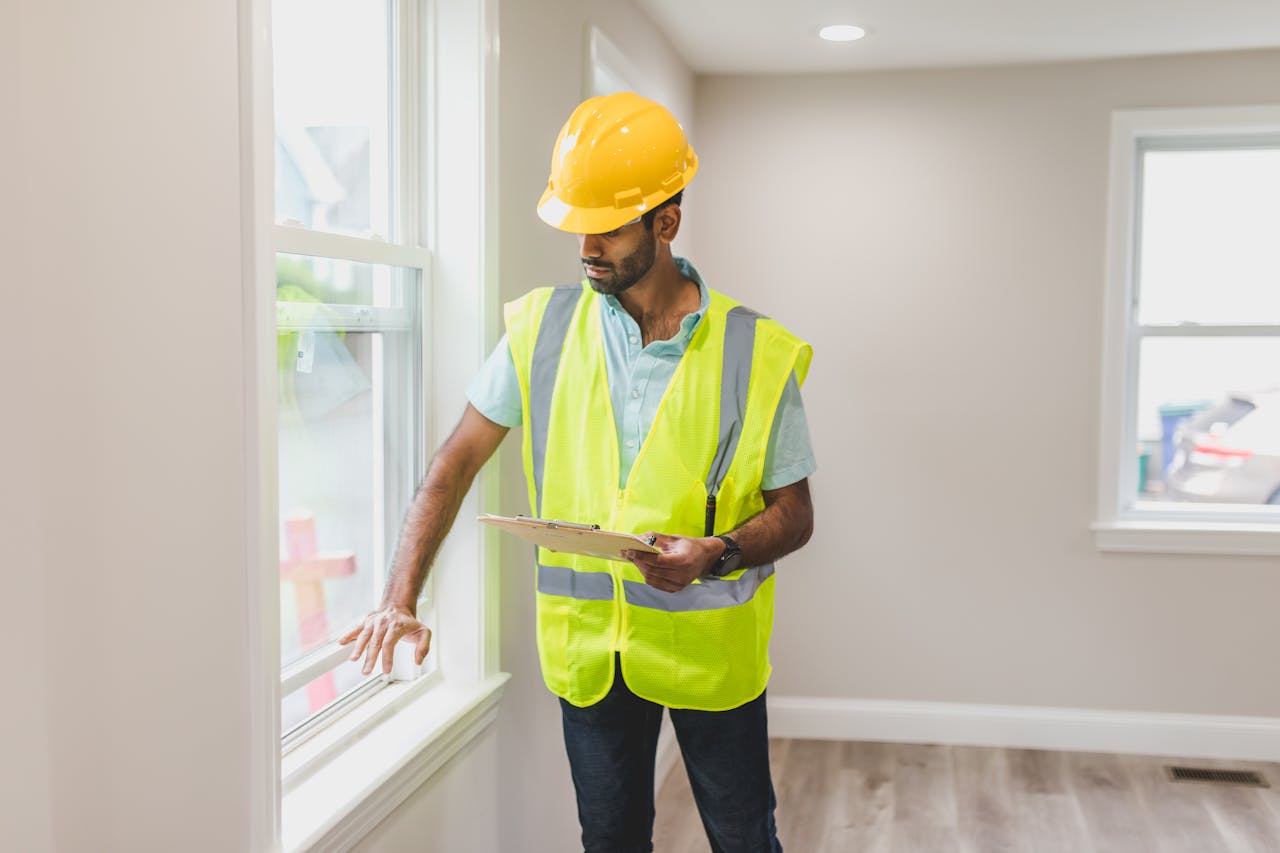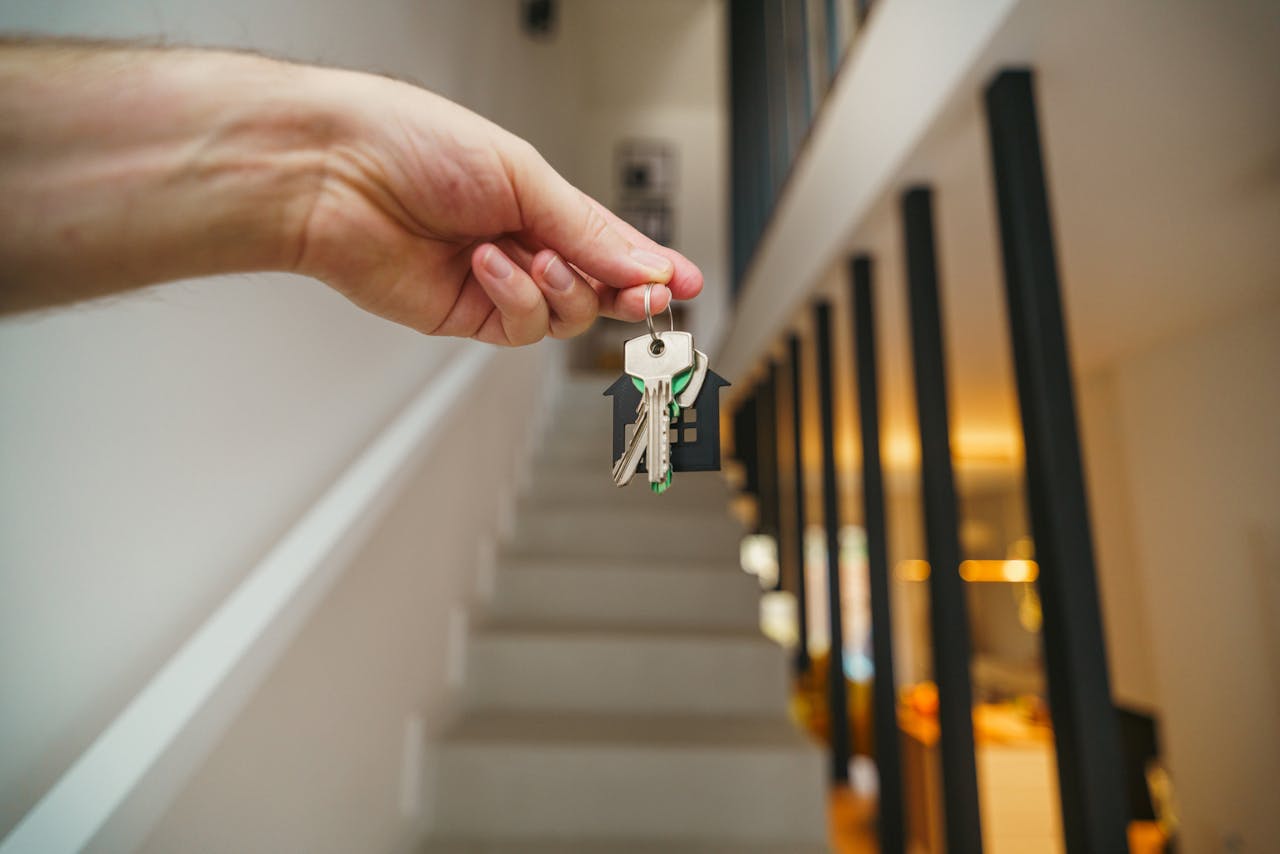
Key Takeaways
- Stay Proactive With Maintenance to Avoid Costly Repairs: Annual inspections of roofing, HVAC systems, gutters, pest control, and landscaping help you catch small issues before they escalate. Regular upkeep protects property value and saves you money in the long run.
- Safety and Compliance Must Be Checked Yearly: Testing smoke and carbon monoxide detectors, reviewing and updating lease agreements (especially to reflect changes in laws), and ensuring insurance coverage is up‑to‑date are essential to keeping tenants safe and staying legally compliant.
- Documentation and Planning are Critical: Taking detailed notes/photos during inspections; keeping records of HVAC servicing and safety device checks; reviewing insurance policies to match current value; updating leases—all this helps in budgeting, avoiding misunderstandings, and being prepared for emergencies.
- Curb Appeal and Tenant Satisfaction Also Matter: Well‑maintained landscaping, clean and functional exteriors, and clear communication with residents about lease terms build trust and help keep tenancy stable. These aspects protect your investment not just physically but also reputationally.
Are you certain you are giving your rental property the yearly attention it truly needs, or are a few important tasks slipping through the cracks? Many landlords stay busy handling everyday repairs and resident concerns, yet overlook routine checks that protect long-term value and prevent expensive surprises.
A quick yearly plan can save money, keep residents happy, and maintain your investment’s market appeal. JMAX Property Management in Virginia reminds property owners that these annual steps are not just good practice but essential for safeguarding returns.
By making a yearly checklist part of your routine, you stay ahead of problems and protect your property’s future.
Yearly Must-Do Checklist for Virginia Landlords
Many landlords in Virginia overlook critical tasks that keep properties safe and profitable. From inspections to insurance updates, these eight key steps protect investments and keep residents satisfied year after year.
1. Comprehensive Property Inspections
A full inspection each year helps you spot small issues before they turn into expensive repairs. In Virginia, changing weather can create hidden problems such as moisture damage, foundation cracks, or loose siding.
Walking through every room, checking plumbing connections, and examining attics or basements keeps you informed about your property’s true condition.
Hiring a trusted professional or conducting a detailed checklist yourself ensures nothing is overlooked. Look for peeling paint, soft spots in flooring, or gaps around windows that may invite pests or drafts. Document everything with photos and notes so you can plan repairs and budget effectively for the coming year.

2. HVAC Servicing
Heating and cooling systems work hard in Virginia’s varied climate. Scheduling annual HVAC maintenance keeps equipment running efficiently and extends its life. Technicians clean filters, check refrigerant levels, and test components to prevent sudden breakdowns during peak seasons.
Residents benefit from steady comfort and lower energy costs when systems are well maintained. Regular servicing also reduces the risk of emergency calls, which can be costly and disruptive. Keep records of each visit so you know when major parts may need replacement and can plan ahead.
3. Roof and Gutter Checks
Roofs and gutters protect your investment from heavy rain and winter snow common in Virginia. Inspecting them once a year allows you to find loose shingles, cracked flashing, or blocked downspouts before water reaches interior walls or ceilings.
Hire a qualified roofer or use a sturdy ladder for a careful visual check. Remove debris, trim nearby branches, and ensure gutters flow freely to the ground. Prompt action after storms helps you avoid leaks, mold growth, and costly structural repairs.
4. Pest Control Treatments
Virginia’s warm months invite ants, termites, and rodents that can quickly damage a property. An annual preventive treatment protects wood, wiring, and insulation from costly infestations. Professional pest services identify entry points and apply treatments that keep problems from starting.
Even if you have not seen pests, schedule inspections to confirm your property remains secure. Sealing small openings, maintaining clean landscaping, and removing standing water all help keep unwanted visitors away. Consistent attention provides peace of mind for both you and your residents.

5. Smoke and Carbon Monoxide Testing
Safety devices can save lives only if they work correctly. In Virginia, test every smoke and carbon monoxide detector at least once a year to meet the safety standards and protect your residents. Replace batteries, check expiration dates, and confirm alarms sound loud enough to be heard in every room.
If detectors are hardwired, verify that backup batteries function and wiring remains secure. Keep a simple log of each inspection so you can show proof of compliance if needed. Prompt replacement of outdated units helps prevent accidents and reassures residents that their safety is your top priority.
6. Landscaping and Tree Care
Overgrown trees or shrubs can create costly problems during heavy Virginia storms. Schedule a yearly trimming to remove weak branches that could fall on roofs, power lines, or parked cars. Healthy landscaping also boosts curb appeal and attracts quality residents.
Check irrigation systems for leaks and clear drainage areas to avoid flooding. Mulch garden beds to control weeds and maintain soil moisture. A well-kept yard not only protects your investment but also shows pride of ownership, which encourages residents to treat the property with equal care.
7. Lease Agreement Reviews
Virginia rental laws can change, and market conditions shift from year to year. Review your lease agreements annually to ensure they reflect current regulations. Confirm that clauses cover late fees, maintenance responsibilities, and clear move-out procedures.

Work with a local attorney or legal resource to keep language accurate and enforceable. Updating terms when necessary prevents misunderstandings and protects your rights as a landlord. Sharing new agreements with residents well before renewal maintains transparency and builds trust.
8. Insurance Policy Updates
Property values and coverage needs evolve over time. Each year, review your insurance policy to confirm it matches the current market in Virginia. Check that coverage accounts for improvements, rising construction costs, and potential natural disasters common in the area.
Contact your insurance provider to discuss any upgrades or recent renovations. Adjusting deductibles or adding endorsements for specific risks ensures you are not underinsured. A current policy offers financial protection and peace of mind, allowing you to focus on managing your properties with confidence.
Bottom Line
Keeping up with annual property tasks can feel overwhelming, but staying proactive protects your investment and keeps residents satisfied. JMAX Property Management in Virginia specializes in helping landlords handle inspections, maintenance scheduling, and resident communication with ease.
Our local expertise ensures every detail, from HVAC servicing to lease updates, is addressed correctly. Reach out to JMAX Property Management to discuss your property’s unique needs and create a plan that fits your goals. Our team can help you stay ahead of issues and keep your Roanoke or Salem rental thriving year after year.


